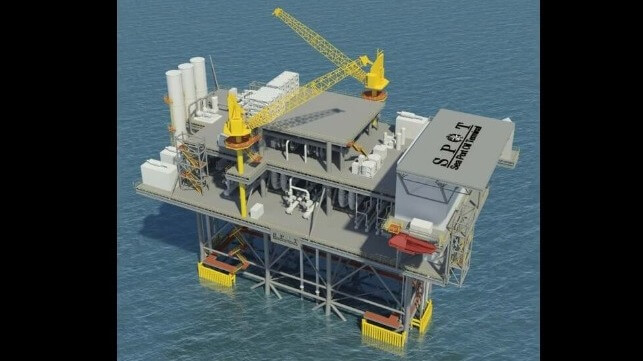Changes in Oil Trading Raise Doubts About SPOT Terminal

A lack of customer interest and a delay in permitting have created doubt about the future of Enterprise Products Partners' Sea Port Oil Terminal (SPOT), a deepwater tanker loading facility off the Texas coast.
If built, Enterprise's SPOT would be the largest offshore terminal in the United States, bigger even than the Louisiana Offshore Oil Port (LOOP). It would add two million barrels per day to U.S. export capacity, an increase of about 50 percent.
Last year, Enterprise had positive news to report about SPOT. After years of effort it received an operating license from the Maritime Administration, the only one of its kind in years. However, in an earnings call Tuesday, CEO Jim Teague said that it had encountered commercial and regulatory headwinds.
"I believe that SPOT should be the poster child for the need for permit reform. It took five years to get the SPOT license, including four years to get the record of decision," Teague said. "The process we went through due to federal bureaucracy pushed us beyond the drop-dead date. It allowed our anchor customer to opt out of their contract, which they did."
He added that the permit application totaled 30,000 pages, and that Enterprise had to answer 80,000 questions during two public comment periods, primarily from NGOs.
SPOT was designed in 2019, when all forecasts suggested that the U.S. would soon be exporting millions of barrels a day to customers in Asia. That long-haul trade favors VLCCs for economies of scale, and SPOT was specifically intended to allow full VLCC loading in one step - a capability not found elsewhere on the U.S. Gulf Coast (except at LOOP). However, because of the Russian invasion of Ukraine, a larger share of U.S. oil is going to Europe to make up for sanctioned Russian volumes. That shorter transatlantic trip can be done with a smaller Suezmax or Aframax, he said, reducing the demand for VLCC loadings.
"We have not gotten enough traction in commercializing SPOT," Teague said. "If we cannot achieve [commercial terms] within a reasonable amount of time, we will move on. This is not a 'build it and they will come' project."
